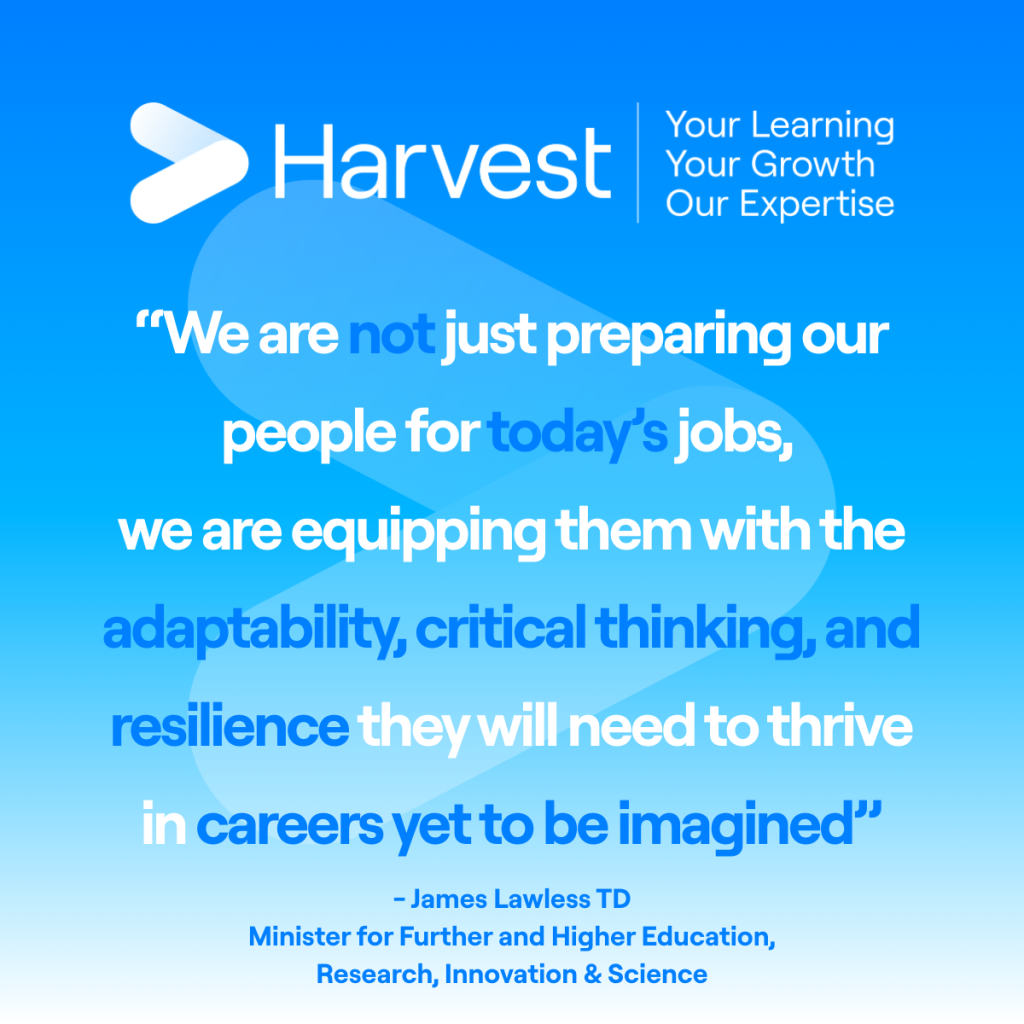Skills Matter: Priorities to Shape Our Future Capabilities
National Skills Council Strategic Advice 2025

Introduction from Chairperson – National Skills Council (NSC)
As Chairperson of the National Skills Council (NSC), I am delighted to introduce our first publication that highlights a critical message: skills matter.
I feel very privileged to spearhead a Council with diverse membership spanning multinationals, social enterprise, and local, family-owned SMEs. I would like to thank the members of the Council for their energy and commitment as we work together to tackle big challenges and leverage big
opportunities. Although we all bring a wide range of practical experience and insights, we all share one thing in common: we understand the critical importance of skills for our country to thrive. Skills are the foundation of economic growth and competitiveness, business success, and individual opportunity. Without the right skills, neither businesses nor the economy can thrive in an increasingly complex and fast-changing world.
As someone who works in future skilling every day, I see firsthand the challenges and opportunities ahead. Accelerating impacts of digitalisation, automation, demographic shifts, and the transition to a greener economy, demands that we rethink how we develop, adapt and invest in skills.
In this context, policymakers must reform skills policies to respond to rapidly changing labour market and societal needs, while carefully considering “what works on the ground” and working hand-in-hand with enterprise to shape a skills agenda that truly meets the needs of the future.
Entrusted with the vital role of bridging the gap between the evolving demands of work, societal, and labour market needs, and the responses to those demands, the NSC is proud to share our first strategic insights and our advice to Government on these issues.
We have identified three key areas of strategic importance to skills development. Firstly, to efficiently develop our skills responses, we need good quality data, that is accessible, current and well-integrated into the skills ecosystem. This is why we are recommending the establishment of a National Skills Observatory (NSO) for a more coherent approach to the collation, use, and dissemination of skills and labour market data across the skills ecosystem.
Secondly, to efficiently adapt to constantly evolving demands, we need a skills system that is flexible, responsive and forward looking. Without this we
risk skills misalignments that could hinder economic progress and individual potential. We are conducting a comprehensive mapping of the skills system to assess its adaptability to changing economic, technological, and social trends in the short and long-term. The mapping exercise will identify the supports needed by enterprise (including those in the community, voluntary and social enterprise sectors), to thrive and seize the benefits of digital transformation, including Artificial Intelligence, and the transition to a net zero economy.
Thirdly, we also need to rethink how we invest in skills. We must ensure that the voice of employers is heard when decisions are made regarding the allocation of funds from the National Training Fund (NTF) – aligning investments with the real upskilling needs of the workforce and industry. A skills ecosystem that is truly responsive must align with the realities of the labour market and the skilling needs of employers.
Our work has just begun. As the pace of change accelerates, partnership around the skills agenda must continue and intensify. We, the members of the NSC, will continue our work to ensure that skills remain at the heart of economic growth, competitiveness, social inclusion and innovation. Dr Kevin Marshall
Chairperson of National Skills Council.
Read the full report here: National Skills Council Strategic Advice 2025
If you are interested in finding out more about Harvest 1 day workshop – Skills Based Organisations – The How To (in partnership with L&DI and LD Skillnet) please click here: Skills Based Organisations – The How To

